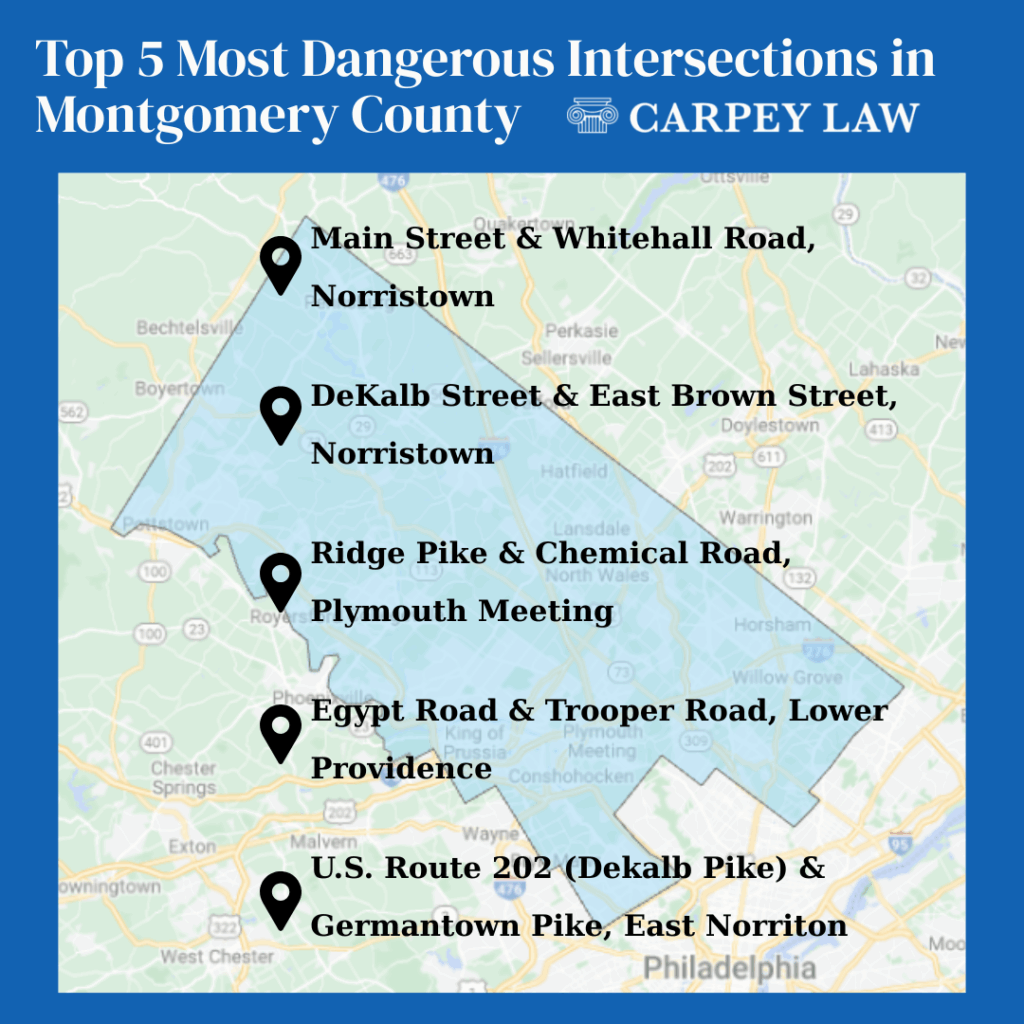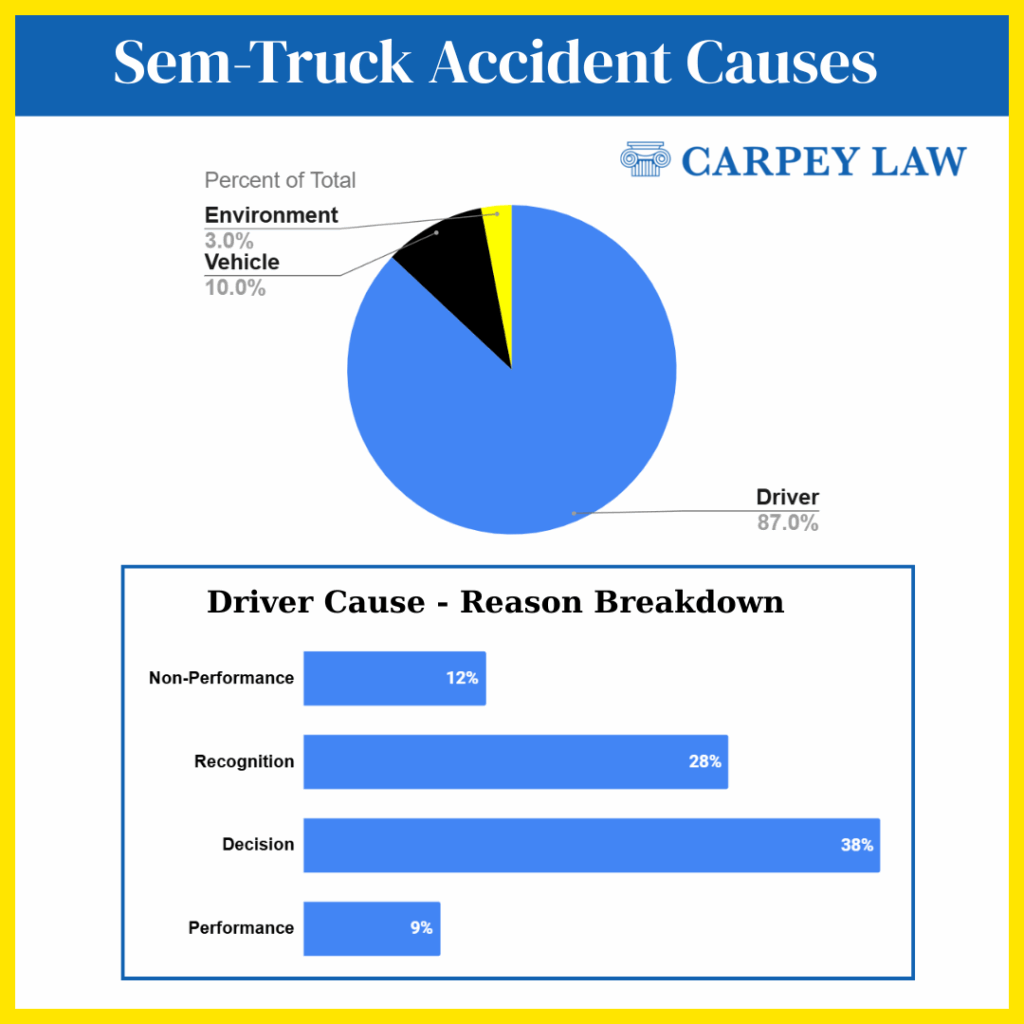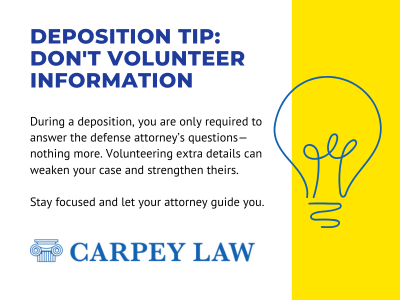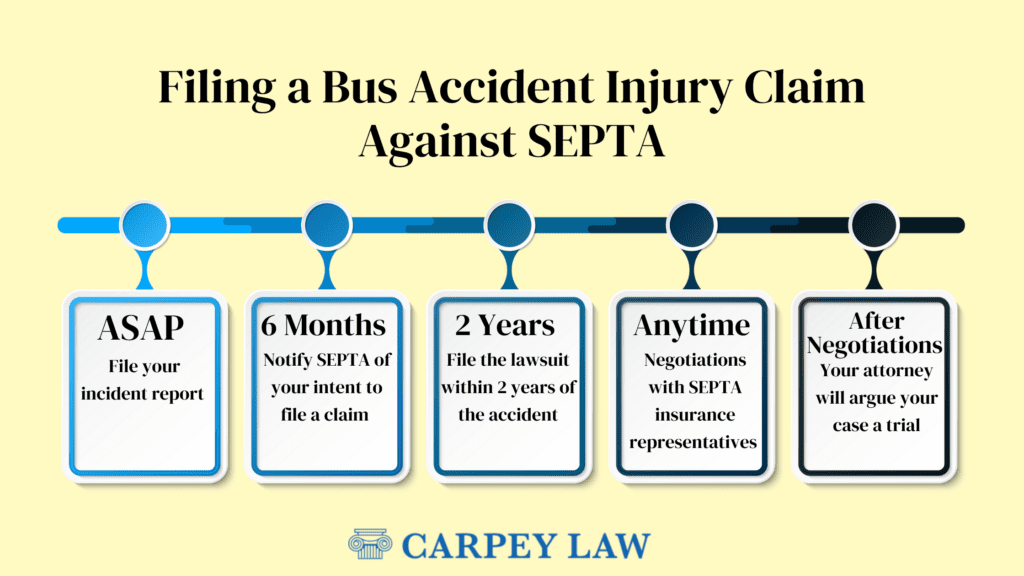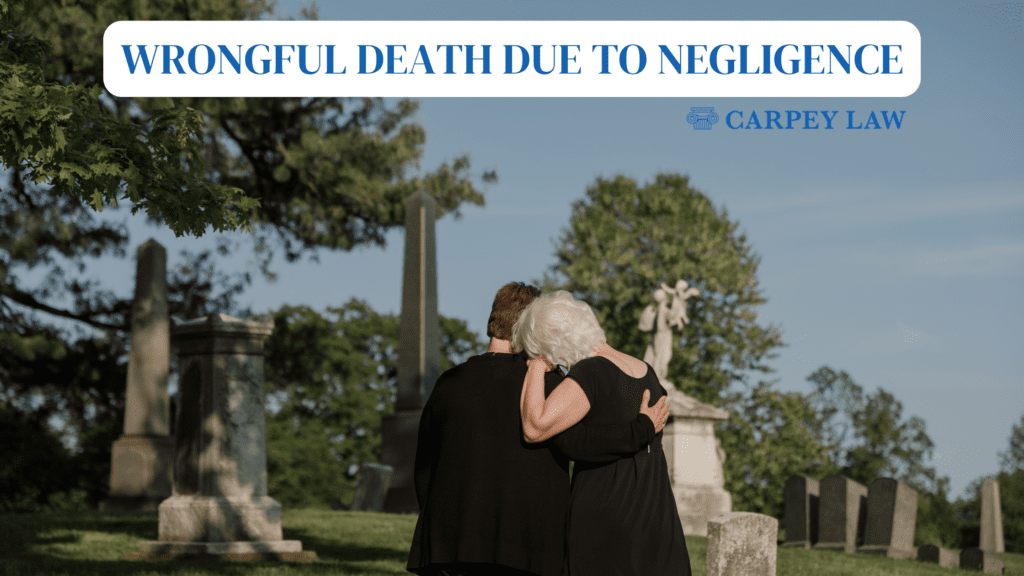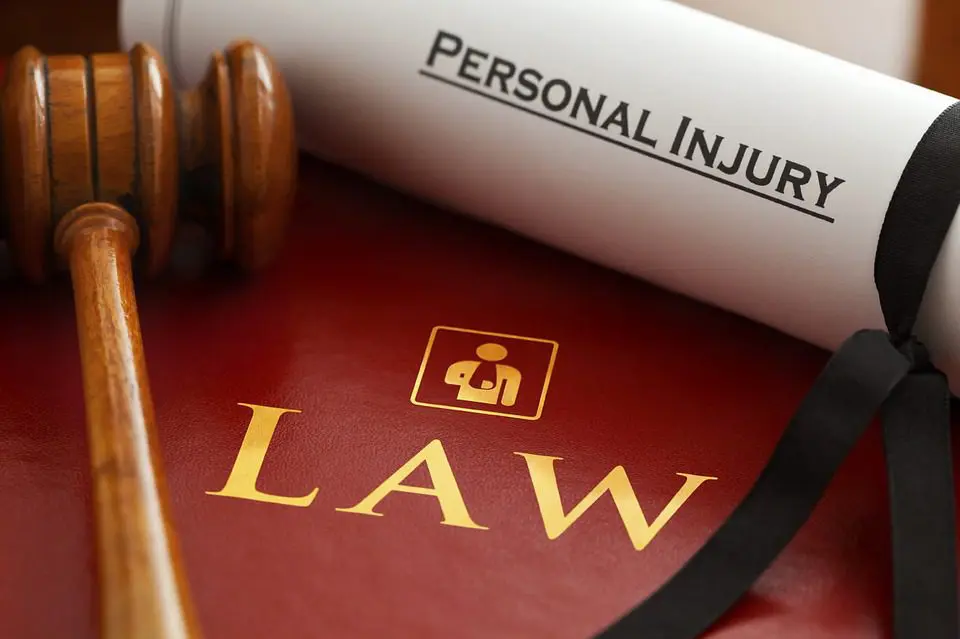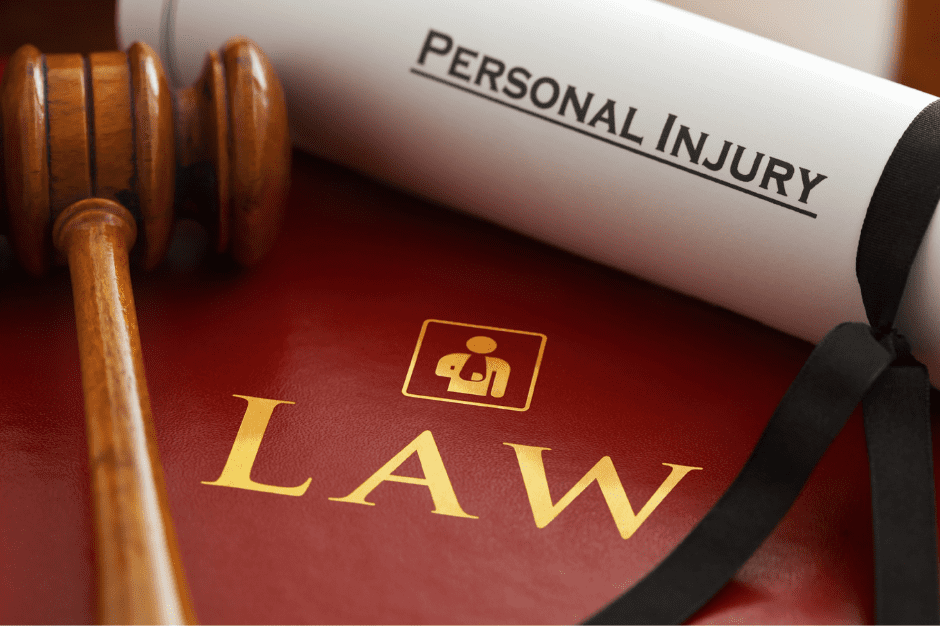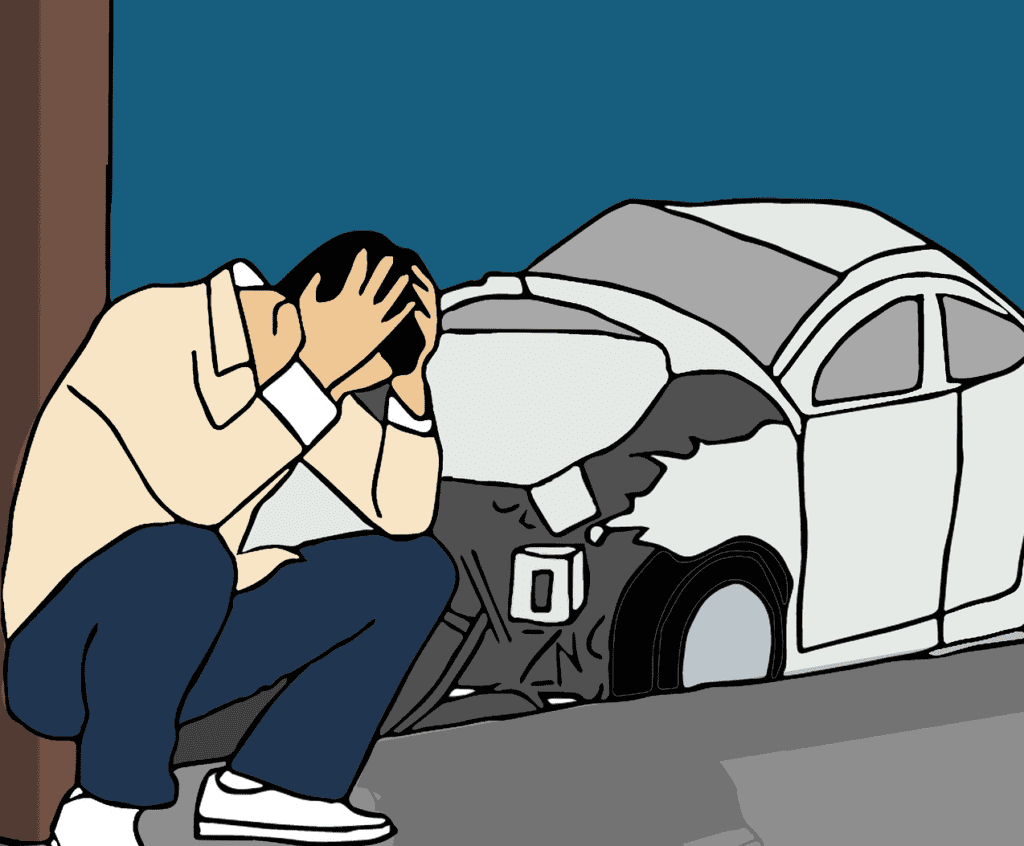Personal Injury Law Articles
The Devastating Reality of Common Truck Accident Injuries
What is a Deposition in a Personal Injury Case?
A deposition is the defense attorney’s opportunity to ask you questions about you and your case, posing questions about the circumstances of your accident, the severity of your injuries, and your medical treatment. Depositions are an important part of your case, and are part of the “discovery” process of your case. Presenting yourself in a truthful, honest and sincere way at your deposition will have the most impact on the defense attorney and the opposing insurance company in their evaluation of you as a witness. Your attorney should you for your deposition, and under no circumstances should you give a deposition without having an attorney present.
Types of SEPTA Accidents & Personal Injury Claims
When is Wrongful Death Due to Negligence & What Can You Do?
What To Do If You’re Hit by a Car While Walking Your Dog?
November 2024 Newsletter
Secrets to Success in Your Personal Injury Case
October 2024 Newsletter
EMGs and MRIs for Neck and Back Injuries After Car Accident
Do Insurance Companies Pay for Lost Wages in a Personal Injury Case?
The Most Common Rear End Collision Injuries
How Social Media Can Affect Your Personal Injury Case
October 2023 Newsletter
How To Choose A Personal Injury Lawyer?
Common Misconceptions About Selecting An Accident Lawyer in Philadelphia
Many personal injury clients think that all personal injury lawyers handle cases in the same way. This is simply not true. But, how do you go about choosing an accident lawyer in Philadelphia? Do you even need a lawyer? For small property damage claims, you may not need a lawyer. The same can be true for minor injury cases. But what is a minor injury case? Right after a trauma it may not always be apparent whether an injury which is initially minor will get worse, whether a case is small or large.
There are certain questions to ask that will lead you to the best accident lawyer in Philadelphia for your case, no matter what type of case you have.
May 2023 Newsletter
May 2023 Newsletter
April 2023 Newsletter
How Car Accident Attorneys Get Paid for Cases
Before seeking out a personal injury lawyer, many accident victims have concerns and questions about how they are going to pay for a lawyer. Ads on TV can be confusing and misleading. Generally, lawyers charge for their representation in two main ways: contingency fee basis or an hourly fee.

